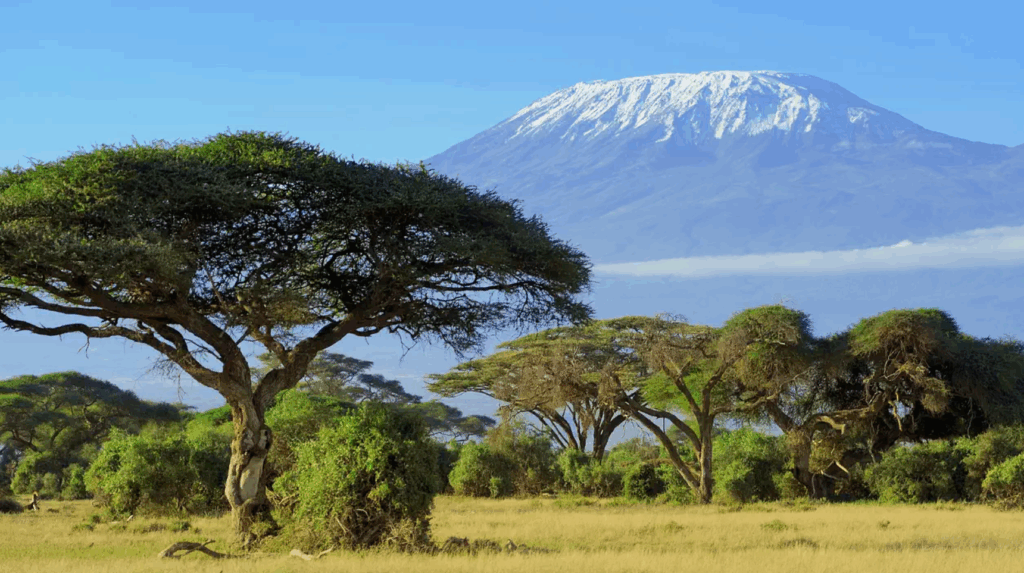About Tanzania and Dar Es Salaam

Tanzania is a country of striking beauty and remarkable diversity. Located in East Africa just south of the equator, it borders eight countries (Kenya, Uganda, Rwanda, Burundi, Democratic Republic of Congo, Zambia, Malawi and Mozambique) and has a long coastline on the Indian Ocean. Tanzania is one of Africa’s largest countries and it boasts striking landscapes from the snow-capped peak of Mount Kilimanjaro—the tallest mountain in Africa—to the savannah plains of the Serengeti, the deep waters of Lake Tanganyika, and the coral-fringed beaches of Zanzibar. The climate varies with the geography: tropical along the coast and islands, more temperate in the highlands. Tanzania is governed from its capital, Dodoma, the seat of political power.
The country is home to around 65 million people and has one of the youngest populations in the world, with a median age of just 18. While there are more than 120 ethnic groups, Swahili is the national language, and English is also spoke widely. Religion and community are central pillars of life in Tanzania with Christianity, Islam and traditional beliefs shaping daily practices.
Tanzania’s economy relies heavily on agriculture and is supported by natural resources such as gold and tanzanite, a thriving tourism industry and a youthful population. While challenges such as youth unemployment, access to services and vulnerability to climate change persist, the country is also one of Africa’s fastest growing economies as a result of strong investment in infrastructure, business, tourism and energy.

Dar es Salaam, or ‘Dar’ as it is known, is Tanzania’s largest city and economic hub. Situated along the country’s eastern coast on the Indian Ocean, it is home to over seven million people. It’s natural port—one of the busiest in East Africa—has historically made the city a key center for trade, business, education and culture, linking Tanzania and its landlocked neighbors to global markets.
The city is a cultural melting pot, with lively markets, delicious cuisine, a bustling music scene and rich arts and festivals. While rapid growth presents challenges—such as informal settlements, infrastructure pressure and youth unemployment—Dar es Salaam remains central to Tanzania’s economic progress and offers a glimpse into the nation’s past, present and future.

